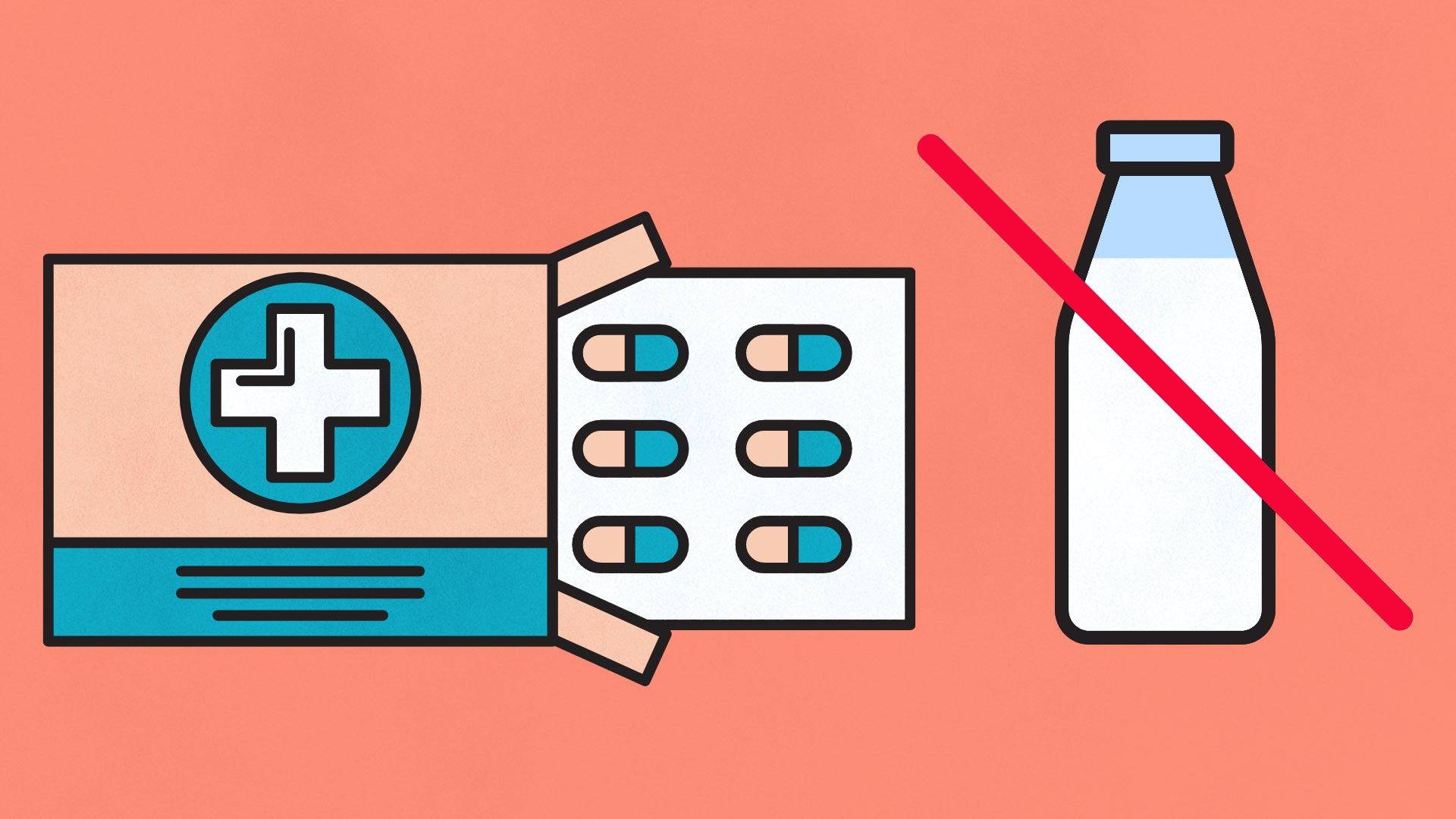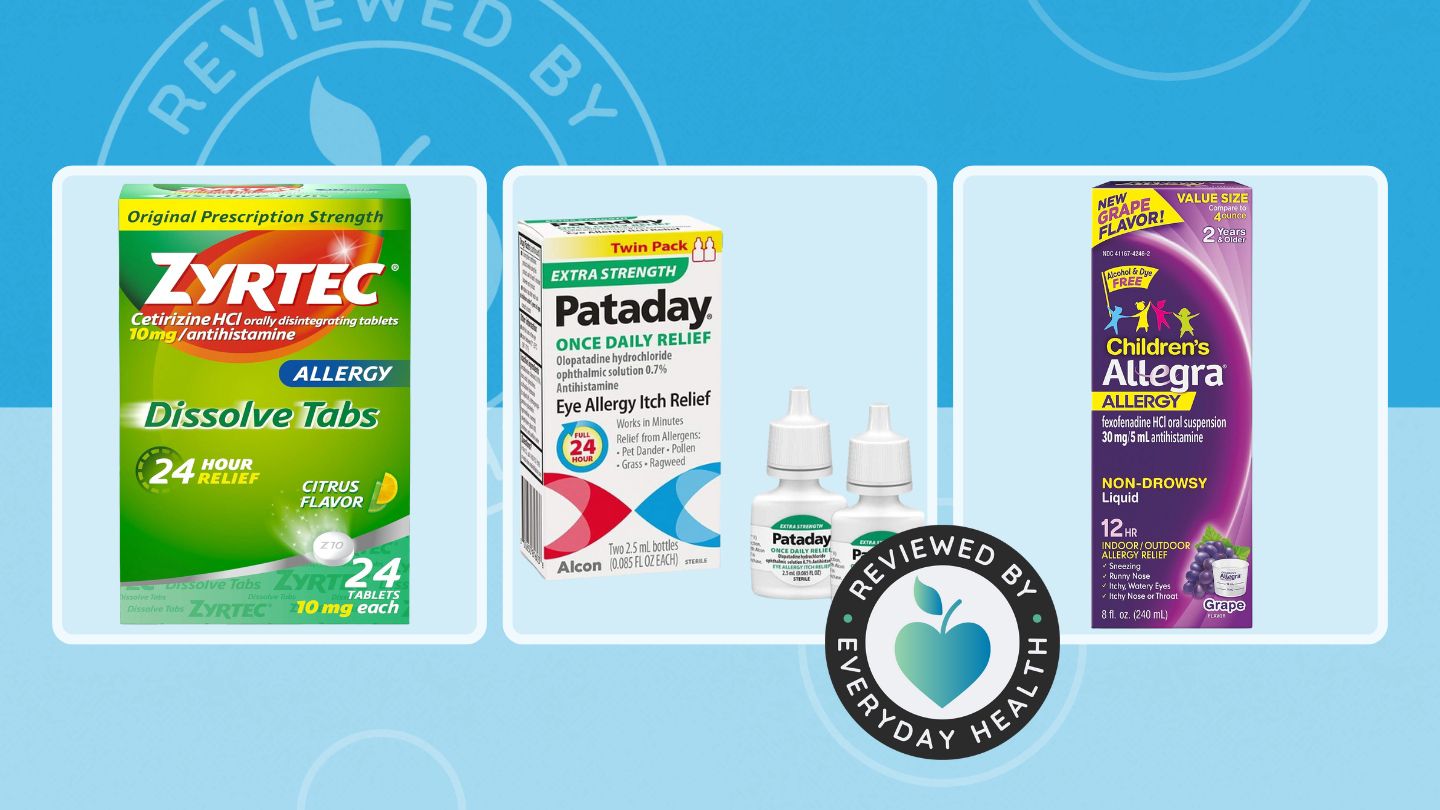So you're dealing with the flu or maybe trying to avoid it, and Relenza came up as an option... Yeah, makes sense it's a solid antiviral if used right. But let's keep it real for a second: meds don't come without some "what ifs," y'know? Like what could go wrong?
That's exactly what we're going to dive into today just the important stuff about Relenza side effects, straight from trusted medical sources. No fluff, no drama, just clear facts you can actually use.
What You Should Know
Before we get into side effects, let's talk about why people turn to this medicine in the first place. The flu hits hard fever, body aches, that awful exhaustion that makes even getting out of bed feel impossible. Relenza works by stopping the flu virus from making more copies of itself in your body. It's most effective when you start it within 48 hours of getting sick.
Here's the thing about side effects though they matter, even the mild ones. Some people breeze through any medication without a hiccup, while others might feel every little reaction. Even something as simple as a headache can throw off your whole day. Understanding what might happen helps take the mystery out of it and can actually ease your anxiety.
Common Side Effects You'll Likely Experience
Let's start with the stuff most people deal with. The good news? Most of these are manageable and don't last forever. Headaches are pretty common about 1 in 4 people using Relenza report getting them. Sometimes it's just part of your body adjusting to fighting off the flu and the medication working together. A little rest and maybe some over-the-counter pain relief can help.
You might also notice more nasal congestion or a persistent cough after all, you're already dealing with flu symptoms, and Relenza is inhaled through the mouth, so some irritation is normal. Stuffy nose? Try a saline rinse or run a humidifier. Coughing? Honey tea or throat lozenges often do the trick.
| Symptom | How Often It Happens | What You Can Do |
|---|---|---|
| Headache | ~24% of users | Rest, over-the-counter pain relief |
| Nose stuffiness | Up to 12% | Saline rinses, humidifier |
| Cough | Around 17% | Honey tea, throat lozenges |
Nausea and dizziness also show up on the radar for some folks. These usually fade after a few doses as your body gets used to the medication. Joint or muscle pain? That can happen too, and honestly, sometimes it's hard to tell if it's from the flu itself or the medication but again, it usually improves quickly.
A pro tip that might surprise you: many of these mild side effects actually disappear within a few days. Your body's pretty amazing at adapting when given the chance.
Less Common But Worth Noticing
Beyond the usual suspects, there are some other side effects that don't happen as often but are still worth keeping an eye on. You might feel unusually tired or notice some fever and chills hanging around. Sometimes your stomach might not be too happy diarrhea or vomiting, though not extremely common, can occur.
Here's something that might not immediately come to mind: hearing changes. It sounds unusual, right? But some people do report this. It's usually minor, but it's worth mentioning to your doctor even if it seems small. Skin irritation around your mouth from the inhaler is another possibility, especially if you have sensitive skin.
If you're experiencing constant nausea that doesn't let up, or if that hearing change feels significant even if subtle, don't brush it off. Your gut feeling about your body's responses is often spot-on. Persistent abdominal cramps or vomiting that goes beyond just feeling a little queasy deserve attention too.
When Things Get Serious: Red Flags to Watch For
Now let's talk about the stuff that needs immediate attention. I'm not saying this to scare you most people never experience these but knowledge really is power when it comes to your health.
If you're having trouble breathing, that's a big one. This is especially true if you have asthma or COPD. The powder from the inhaler can sometimes trigger bronchospasm basically your airways tightening up. Always keep your rescue inhaler handy if you have a lung condition.
Severe allergic reactions are rare but serious. We're talking about rashes, swelling, throat tightness the whole nine yards. Hallucinations or sudden behavioral changes can happen, which sounds wild but there have been documented cases. Rapid heartbeat, sudden fainting, or seizures are other serious symptoms to be aware of.
Let me share something from my research there was a case documented where someone experienced a significant drop in their lung function (FEV1) after five days of treatment. Not everyone experiences this, but if you have chronic lung issues, staying vigilant is important.
Risks That Should Make You Pause
So who should think twice before reaching for Relenza? If you have asthma or COPD, your doctor might have some concerns about the increased risk of bronchospasm we just talked about. The powdered inhaler also contains lactose, so if you have a milk protein allergy, that's a definite no-go.
The research is still limited on how Relenza affects people with kidney or heart disease, so it's worth discussing with your doctor. And if you have a history of seizures or other brain disorders, there have been rare reports of these conditions worsening.
This is exactly why it's so important to tell your healthcare providers your complete health history before starting any new treatment. They can't help protect you if they don't know what they're working with.
Easy Ways to Minimize Side Effects
Okay, let's talk solutions. There are some simple things you can do that actually make a real difference in how you feel while taking Relenza. When you're using the inhaler, try breathing slowly and steadily. Rushing through it can cause more irritation, and we want this to be as smooth as possible.
If you use bronchodilators for any respiratory conditions, using them first can help open up your airways before Relenza gets in there. Staying well-hydrated helps thin mucus and can ease nausea too. And here's something so simple but so often overlooked don't try to double up on doses if you miss one. Check the schedule and stick to it.
And please, if something feels more intense than just mild discomfort, call your doctor. Don't try to tough it out. There's no shame in getting professional advice when something feels off.
Weighing the Pros and Cons
Here's where I'm going to play devil's advocate for a second. Despite all this talk about side effects, many doctors still recommend Relenza and here's why it often makes sense. It can shorten your illness by about a day or so, which might not sound like much, but when you're feeling terrible, that's valuable time back in your life.
For people at high risk maybe you're older, have a chronic condition, or a weakened immune system preventing complications can be a game-changer. Relenza works against both flu A and B strains, and because it's inhaled directly into the lungs rather than swallowed, there's less medication circulating throughout your whole body.
But like every medication decision, it's not one-size-fits-all. What works brilliantly for one person might not be the right fit for another. That's perfectly normal and honestly, it's part of what makes medicine so individual.
Wrapping Up With Real Talk
Sure, Relenza does come with a list of potential side effects and yeah, some can be concerning. But the truth is, for most people, the benefits significantly outweigh those risks. The key is being informed, staying aware of how you feel, and trusting your instincts.
Knowledge gives you power. When you understand what might happen, you're not caught off guard by every little twinge or sensation. You can distinguish between "this is normal" and "I should probably check in with my doctor."
Whether you're taking this to get through the flu faster or to help protect others from catching it, staying informed means nothing catches you by surprise. And remember, your experience is valid everyone's body reacts differently.
What do you think about this breakdown? Have you taken Relenza before? I'd love to hear about your experiences both the good and the not-so-good. Sharing helps all of us make better, more informed decisions about our health.
FAQs
What are the most common Relenza side effects?
The most common Relenza side effects include headache, nasal congestion, cough, nausea, and dizziness. These typically occur as your body adjusts to the medication and often improve within a few days.
Can Relenza cause breathing problems?
Yes, Relenza may cause breathing difficulties, especially in people with asthma or COPD. The inhaler can trigger bronchospasm, so those with lung conditions should use it with caution and keep a rescue inhaler nearby.
Is it safe to use Relenza if I have allergies?
Relenza contains lactose, which includes milk proteins. If you have a severe milk protein allergy, you should avoid using Relenza. Always inform your doctor about any known allergies before starting treatment.
What should I do if I experience serious side effects?
If you experience difficulty breathing, swelling, rapid heartbeat, hallucinations, or severe skin reactions, seek medical attention immediately. These could be signs of a serious reaction requiring urgent care.
How can I reduce the risk of side effects with Relenza?
To minimize side effects, follow the dosing schedule, use the inhaler correctly, stay hydrated, and use bronchodilators first if you have a respiratory condition. Avoid doubling up on doses and contact your doctor if something feels off.
Disclaimer: This article is for informational purposes only and does not constitute medical advice. Always consult with a healthcare professional before starting any new treatment regimen.
Related Coverage
The mind-body connection reveals how our thoughts and emotions manifest physically. Learning this language of the body enables deeper self-understanding and harmony....
Learn about the benefits and precautions of using DayQuil and ibuprofen together to treat cold and flu symptoms. Follow dosage guidelines carefully....
Looking for safe, natural children's nasal decongestants? Try these 7 effective home remedies that quickly relieve stuffy noses and chronic congestion in kids....
Wondering if you can take mucinex and ibuprofen together when you have a nasty cold? Learn how combining them works to target different symptoms for faster relief....
Learn if you can safely take Nyquil alongside Advil Cold & Sinus to treat cold and flu symptoms or if dangerous side effects can occur mixing the two OTCs....
Want to buy Actifed for colds without a prescription? Understand age limits, purchase quantities, ID requirements, and tips to easily get Actifed over the counter....
Examining the potential impact of NyQuil on blood pressure levels, especially for high-risk groups like the elderly, those with hypertension, heart disease, or who are pregnant....
When intermittent fasting, a common question is if swallowing mucus or phlegm affects fasted states metabolically. Learn what experts say about mucus content and fasting efficacy....
Learn if long COVID is contagious. Understand the risk of transmitting COVID-19 particles during long COVID and with reinfections. Follow key precautions....
Learn techniques for capturing the essence of feeling cold in pictures through shooting physical reactions, winter environments, emotions, clothing, and creative compositions....









